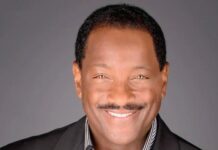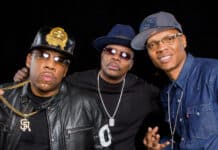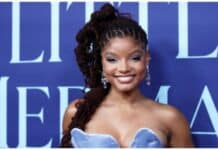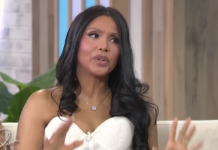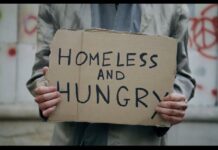*Are you a music listener without a radio in your car? Are you checking out Pandora and Spotify for all your jams? If the answer is yes, then you might be one of the reasons some folks are saying radio – especially Black Radio – should be writing its eulogy and if you want a career on the air fuggedaboutit (as they say in Brooklyn). But not so fast.
Surprise. Black radio has actually increased. By the 1970s, over 250 stations aired primarily black artists, up dramatically from 100 just a decade earlier led by New York’s WBLS, the most-listened-to FM station in the country, with a mix of soul by artists like Gladys Knight, Marvin Gaye and the jazz sounds of Herbie Hancock and Freddy Hubbard. Today that number stands at 335 out of 15,508 radio stations nationwide. While only 68 of those are owned by African Americans – down from 146 in 1995 – ‘urban radio’ as black-oriented radio is often called still reaches 93 percent of all African Americans.
Skip Dillard, the legendary operations manager of ratings powerhouse WBLS (FM), has programmed a wide variety of stations from hip hop to heritage. He recalls WBLK in Buffalo which was the first African American FM in the country. In 1964 they had to give out transistor radios because nobody had any and ‘race music’ was widely banned. We’ve come a long way since then. WBLS is particularly historic
“WBLS was owned by the same African American family, the Sutton family, from 1972 to 2012 and so it had a certain sense of community from the start. It was a champion where it started in Harlem,” says Dillard. “The station survived bankruptcy, a holding company and was finally sold to Emmis in 2014. Thankfully we’ve been blessed to have owners who see the value and allow us to continue to serve the African American diaspora. They’ve allowed us room to breathe and I think the community demands it.”
RUPAUL, ‘LEAVING NEVERLAND’ WIN EMMYS; BEYONCE GOES ‘HOME’ LESS AWARD – VIDEO
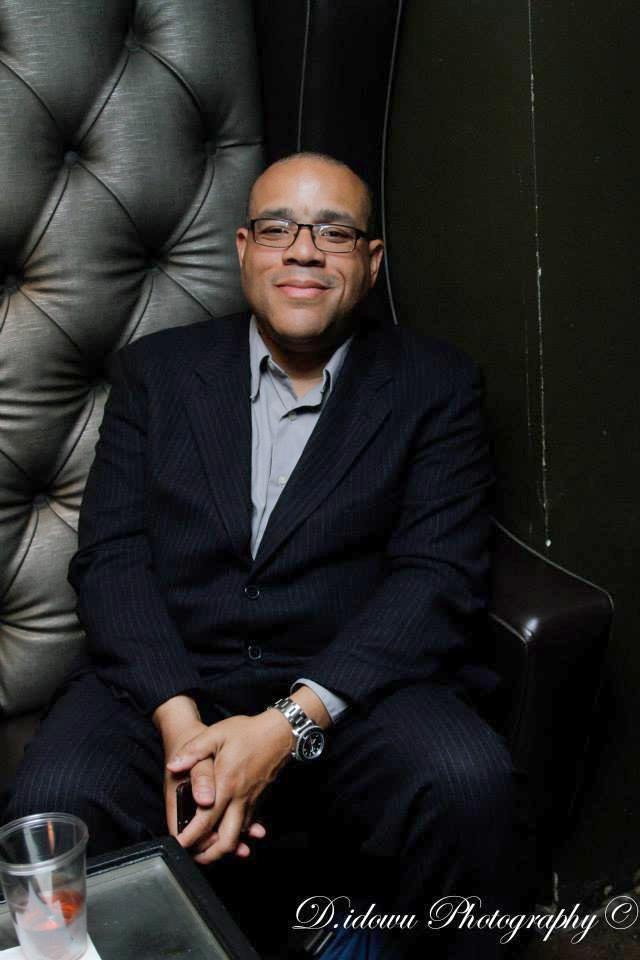
Despite the fact that New York is only about 25% black (roughly 30% in Brooklyn) WBLS consistently comes in at the top of the ratings and boasts the number one drive time show in the market. It’s been nominated for the sought-after Marconi award, the Oscars of radio. It’s secret?
“What makes radio truly unique is its local vibe, its local position,” Dillard shared “Every city that you go into has different needs and different problems. There’s no such thing as the same black folk just like there’s no such thing as the same Jewish folk or white folk. So, you find out what those needs are and tap into the pulse of the community. Every market I program I’ve tried to make the station just a bit different even if the hits are the same, I want the presentation to be unique and a mirror of what we see out here on the streets. “
Trust me it’s true!! Unlike many stations that rely on consultants where you get the same sound in almost every market, WBLS sounds like New York. You’ll hear some house and Caribbean music, and courageous talk about issues impacting the black community. But that’s not all. Unlike most radio stations that eliminated overnight jocks, Dillard says his overnight personalities keep WBLS winning.
“New York is a shift city. There are people that work from midnight to 5:00 a.m. You have people that are getting off when you’re coming on or going in when you’re getting off. In fact, our listenership overnights beats the listenership in the afternoons in many cities across America and having an ability to touch people, to reach people all the time is still something for us that is extremely important.”
And as for digital taking radio down – “Nah,” says Dillard.
“Radio is an excellent partner for digital. Our sister station Hot 97 had Tidal sponsor Summer Jam and do a live stream of the concerts by artists that agreed to it,” Dillard added. “Apple Music has been a sponsor. And even though people listen to the streaming services, what’s very interesting is that they still love local. For instance, we had a blackout in New York City and people turned to radio to see what was going on, when their power was going to come back. And not just in times of crisis but when you want to figure out what you’re doing this weekend. They get a lot from our commercials too. Businesses looking to reach the African American woman in New York City would be crazy to go around us because we have made ourselves an informative vehicle that touches those audiences strategically. Our people want to hear your message. They want to know about your concert. They want to know about your sales. They want to know about the cars or health plan you’re offering. And when you talk about maintaining radio in a world of streaming, one of the most important factors is helping someone’s life for the better. Every day I ask my jocks how did you make someone’s life a little better today?”
Dillard says on-air careers will continue to pop:
“Personalities are critical. We’ll see more doing podcasts in the future so people can have you on-demand but personalities mean everything and developing the talents of tomorrow means the world to me.”
STEVIE J RECALLS BRUTAL BRAWL WITH K-CI AFTER DEVANTE SMACKED MISSY ELLIOT [VIDEO]
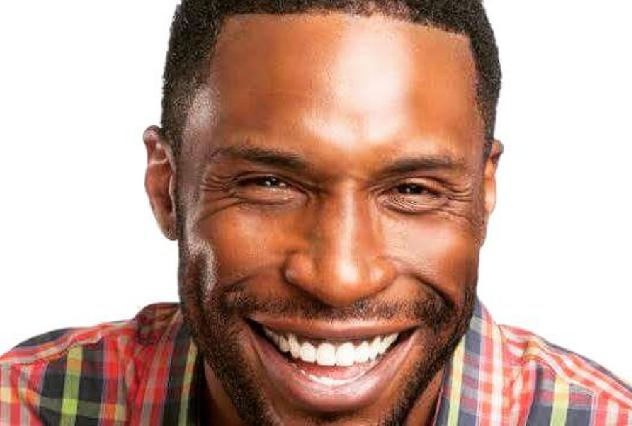
Ric Chill, a popular on-air personality and producer of the ratings winner the Donnie Simpson show in Washington DC agrees:
“No matter what, there is something magical about the voice coming out of that box and talking to you! If the personality has talent, they can still make a connection that in some cases, has lasted a lifetime. The trick with radio has always been, you’re talking to ONE person, who is close by. Satellite and internet radio have somewhat dehumanized radio. What will keep terrestrial radio relevant is the locality of it. If programmers continue to hire true talent, those personalities will continue to impact a portion of their audience’s lives in a way that satellite and internet radio is not able to duplicate. In a sense, radio is like politics…and ALL politics are local. Successful politicians know this. Successful radio programmers know it as well,” Chill states.
Dillard concludes, “Once radio gets to the point where you’re just introducing the next 10 songs in a row and getting ready to sit through 7 minutes of commercials, that’s the day radio’s done but as long as we continue to make listener’s lives better, get them great information, entertainment, a laugh or two once in a while, at the end of the day people will always want to come back to us.”
###
 Jazmyn Summers ([email protected]) is an on-air personality and entertainment reporter in San Francisco. WBLS will be featured in Spinning Gold, a new film starring Jay Pharoah as WBLS radio DJ Frankie Crocker and in a Lifetime movie about former WBLS personality and controversial TV talk show host Wendy Williams.
Jazmyn Summers ([email protected]) is an on-air personality and entertainment reporter in San Francisco. WBLS will be featured in Spinning Gold, a new film starring Jay Pharoah as WBLS radio DJ Frankie Crocker and in a Lifetime movie about former WBLS personality and controversial TV talk show host Wendy Williams.
We Publish News 24/7. Don’t Miss A Story. Click HERE to SUBSCRIBE to Our Newsletter Now!

